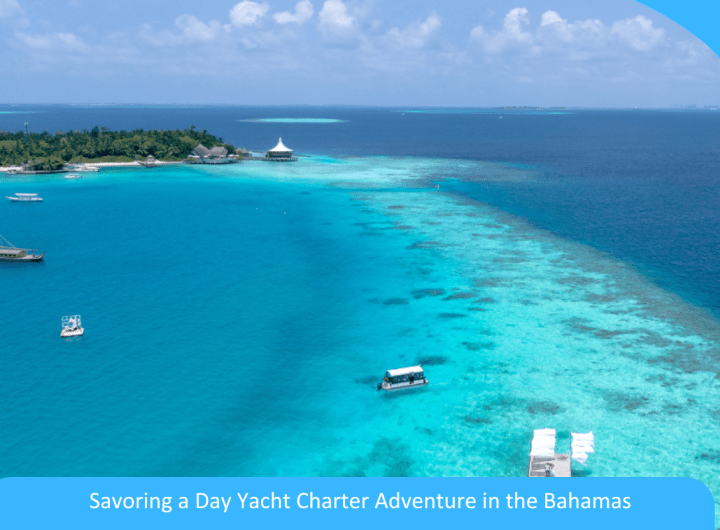
ISME calls for continuation of 9% VAT level for tourism sector
Tuesday, January 17, 2023.

The Irish SME Affiliation (ISME) has renewed calls for an extension to the 9% VAT fee to the whole products and services sector and pointed to the gains for employment and social contributions
- Ireland’s typical VAT rate is the sixth optimum in the EU
- Lowered level it the fourth best
- 9% amount should really be prolonged to all expert services, and housing, on a lasting basis
In accordance to Neil McDonnell, CEO of ISME: “The need inside of the SME sector to established the reduced VAT rate at 9% was not too long ago described in the media as the “tourism industry’s interminable marketing campaign.” Far from it. There is quite broad guidance for repairing Ireland’s decreased VAT price at 9% throughout the solutions sector. These types of a measure would be great for work, great for people, and most effective of all for the Exchequer who would experience the gains of increased work stages, earnings taxes and social contributions. This is not economic theory it is proven point.”
In accordance to ISME, there isn’t a “correct” charge of VAT, in Ireland or in any other state. A perusal of Ireland’s regular VAT amount demonstrates it was at a lower of 16.37% in 1972 and achieved a substantial of 35% from 1983 to 1984. The lessened charge ranged from 5.26% in 1972 to 23% from 1983 to 1984. The “Second Diminished Rate” of 9% was released in July 2011, in the enamel of the Great Economic downturn, and it delivered in spades for Ireland in sustaining and developing employment in the hospitality sector. Even though the Department of Finance seems keen to remove the 9% rate as an anomaly launched in the Excellent Economic downturn, no this kind of enthusiasm is obvious on decreasing the 23% VAT rate, even with the point that Ireland experienced a regular rate of VAT of 21% for the 21 several years from 1991 to 2012.
Neil McDonnell added: “Worse than the idea that the 9% VAT level is tax expenditure or a reward to the hospitality market is the concept that it has expense the Exchequer €900m since its retention last yr. This signifies pretty selective accounting. Firstly, we must keep in mind that when the 9% rate was introduced in 2011, it was funded not by the Exchequer, but by private sector pension savers via the pension levy. As the then Finance Minister Michael Noonan informed the Dáil in 2014, “Without the Pension Levy, there would have been no VAT reduction.” This expropriation of citizens’ pension discounts has however to be produced very good by the Exchequer. Secondly, the “cost” of the 9% VAT price will have to be well balanced in the Exchequer ledger against the increased employment, reduced social defense, much larger wages, and bigger customer expending, PAYE, PRSI and USC it has created in excess of the time period it has been in procedure. In purely accounting terms, the 9% is likely to be a revenue-positive initiative by Authorities.
Each Ireland’s common and lowered charges are higher by EU standards. Our common rate is sixth highest in the EU, and our reduced fee is fourth highest. This may possibly be satisfactory if Ireland’s buyer costs were being usually additional affordable, but they are not. Ireland has persistently been the 2nd-most costly nation in the eurozone for many decades right after Denmark, but because 2021 we have overtaken the Danes to have the most costly consumer charges. According to Eurostat, Irish individuals spend 36% far more than the eurozone ordinary for client merchandise and providers. Only Norway, Iceland and Switzerland, all non-EU members, endure increased consumer rates in Europe as a full.
With a sizeable ingredient of main inflation probably to proceed in Ireland in 2023, and maybe into 2024, Authorities must be on the lookout at techniques to press down shopper rates, not push them up. Not on your own need to the 9% price for hospitality be forever prolonged, we should really reduce our minimized fee from 13.5% to 9% for all products and services, which includes grooming companies and housing. At this level, our diminished rate would be in line with EU norms. We ought to also completely cut down our 23% VAT fee to our historic 21%.
As a peripheral island economic system with no EU border, we should really aspire to decreasing alternatively than escalating purchaser prices. Purchaser inflation is the key driver of wage calls for, and employees simply cannot be blamed for in search of greater wages to satisfy ever-larger customer selling prices. VAT is a important coverage lever for Government which should really be exercised now.”



 TuneFest Traditional Irish Music Festival to take place in Dungarvan
TuneFest Traditional Irish Music Festival to take place in Dungarvan  New Team and Menus at The Peregrine
New Team and Menus at The Peregrine  JW Marriott Clearwater Beach
JW Marriott Clearwater Beach  Enorme Villa Concierge Services – Enorme Hotels Blog
Enorme Villa Concierge Services – Enorme Hotels Blog  The Best Hotels To Stay Fit
The Best Hotels To Stay Fit  Gatlinburg’s Abandoned Theme Park – Exploring Fun Mountain
Gatlinburg’s Abandoned Theme Park – Exploring Fun Mountain  Comprendiendo cómo la ubicación del hotel afecta a los viajes de negocios
Comprendiendo cómo la ubicación del hotel afecta a los viajes de negocios  10 Reasons Mayfair Hotel & Gardens Is the Ultimate Family Hotel in Paphos
10 Reasons Mayfair Hotel & Gardens Is the Ultimate Family Hotel in Paphos  Una lista sencilla para elegir la habitación adecuada durante la fiebre navideña
Una lista sencilla para elegir la habitación adecuada durante la fiebre navideña  Savoring a Day Yacht Charter Adventure in the Bahamas
Savoring a Day Yacht Charter Adventure in the Bahamas